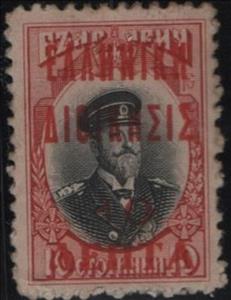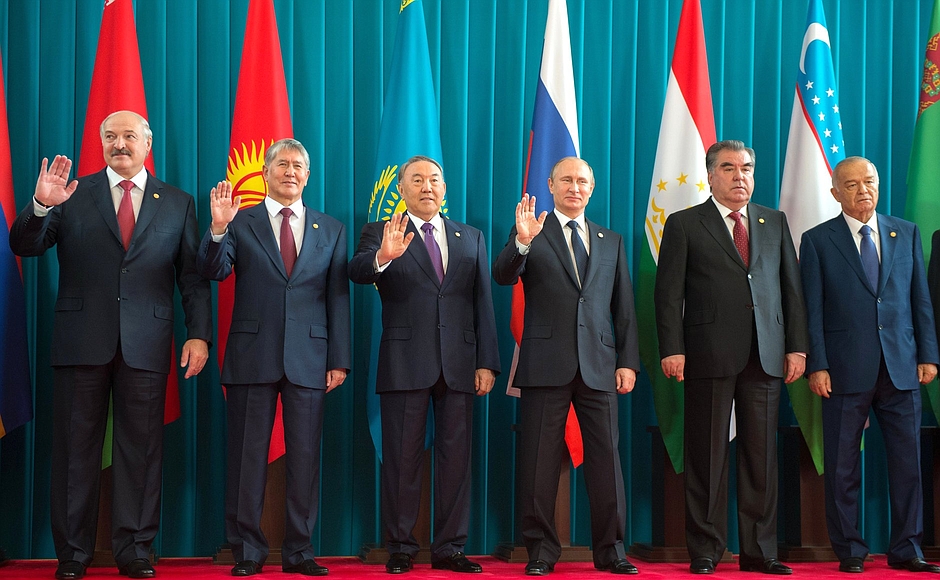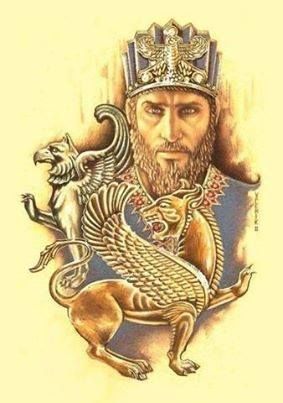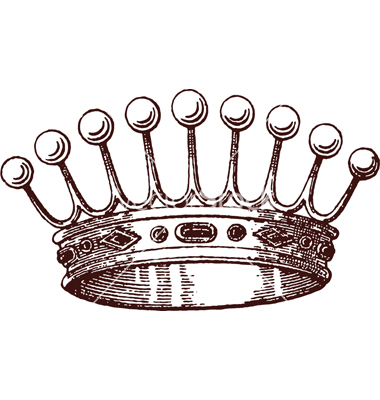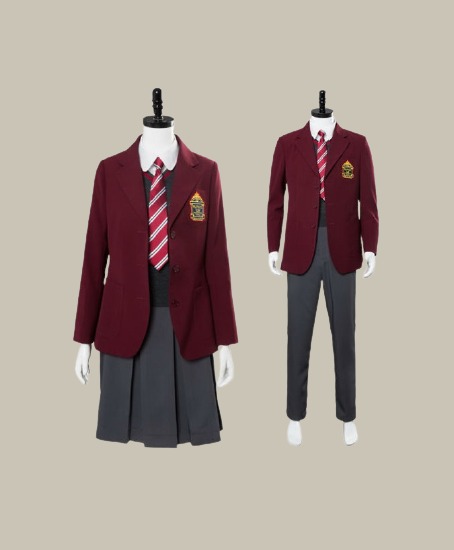Stamp: Bulgaria stamps of 1911 overprinted 'ΕΛΛΗΝΙΚΗ ΔΙΟΙΚΗΣΙΣ' (Greece, Kavalla 1913)
Bulgaria stamps of 1911 overprinted 'ΕΛΛΗΝΙΚΗ ΔΙΟΙΚΗΣΙΣ' (Greece, Kavalla 1913)
01 July (Greece, Kavalla ) within release Bulgaria stamps of 1911 overprinted 'ΕΛΛΗΝΙΚΗ ΔΙΟΙΚΗΣΙΣ' goes into circulation Stamp Bulgaria stamps of 1911 overprinted 'ΕΛΛΗΝΙΚΗ ΔΙΟΙΚΗΣΙΣ' face value 10 Greek lepton
| Stamp Bulgaria stamps of 1911 overprinted 'ΕΛΛΗΝΙΚΗ ΔΙΟΙΚΗΣΙΣ' in catalogues | |
|---|---|
| Stamp Number: | Sn: GR N168 |
| Yvert et Tellier: | Yt: GR-CV 18 |
| Stanley Gibbons: | Sg: GR-KA 2 |
| Unificato: | Un: GR-KA 18 |
| Karamitsos: | Kar: GR-KA 2 |
Stamp is square format.
10l on 10s. Michel BG 82 overprinted. Michel states: stamps have proven to be illegalStamp Bulgaria stamps of 1911 overprinted 'ΕΛΛΗΝΙΚΗ ΔΙΟΙΚΗΣΙΣ' it reflects the thematic directions:
Admiral is the rank, or part of the name of the ranks, of the highest naval officers. It is usually abbreviated to "Adm" or "ADM". The rank is generally thought to have originated in Sicily from a conflation of Arabic: أمير البحر, amīr al-baḥr, "commander of the sea", with Latin admirabilis ("admirable") or admiratus ("admired"), although alternative etymologies derive the word directly from Latin, or from the Turkish military and naval rank miralay. In the Commonwealth and the U.S., a "full" admiral is equivalent to a "full" general in the army, and is above vice admiral and below admiral of the fleet (or fleet admiral). In NATO, admirals have a rank code of OF-9 as a four-star rank.
Famous People refers to the fame and public attention accorded by the mass media to individuals or groups or, occasionally, animals, but is usually applied to the persons or groups of people (celebrity couples, families, etc.) themselves who receive such a status of fame and attention. Celebrity status is often associated with wealth (commonly referred to as fame and fortune), while fame often provides opportunities to make money.
A head of state (or chief of state) is the public persona that officially represents the national unity and legitimacy of a sovereign state. In some countries, the head of state is a ceremonial figurehead with limited or no executive power, while in others, the head of state is also the head of government. In countries with parliamentary governments, the head of state is typically a ceremonial figurehead that does not actually guide day-to-day government activities and may not be empowered to exercise any kind of secular political authority (e.g., Queen Elizabeth II as Head of the Commonwealth). In countries where the head of state is also the head of government, the president serves as both a public figurehead and the actual highest ranking political leader who oversees the executive branch (e.g., the President of the United States).
King is the title given to a male monarch in a variety of contexts. The female equivalent is queen regnant (while the title of queen on its own usually refers to the consort of a king). In the context of prehistory, antiquity and contemporary indigenous peoples, the title may refer to tribal kingship. Germanic kingship is cognate with Indo-European traditions of tribal rulership (c.f. Indic rājan, Gothic reiks, and Old Irish rí, etc.) In the context of classical antiquity, king may translate Latin rex or either Greek archon or basileus. In classical European feudalism, the title of king as the ruler of a kingdom is understood as the highest rank in the feudal order, potentially subject, at least nominally, only to an emperor (harking back to the client kings of the Roman Empire). In a modern context, the title may refer to the ruler of one of a number of modern monarchies (either absolute or constitutional). The title of king is used alongside other titles for monarchs, in the West prince, emperor, archduke, duke or grand duke, in the Middle East sultan or emir; etc. Kings, like other royalty, tend to wear purple because purple was an expensive color to wear in the past.
A man is an adult male human. Prior to adulthood, a male human is referred to as a boy (a male child or adolescent).
A Royalty is the immediate family of a king or queen regnant, and sometimes his or her extended family. The term imperial family appropriately describes the family of an emperor or empress, and the term papal family describes the family of a pope, while the terms baronial family, comital family, ducal family, grand ducal family, or princely family are more appropriate to describe the relatives of a reigning baron, count, duke, grand duke, or prince. However, in common parlance members of any family which reigns by hereditary right are often referred to as royalty or "royals." It is also customary in some circles to refer to the extended relations of a deposed monarch and his or her descendants as a royal family. A dynasty is sometimes referred to as "the House of ...". As of July 2013, there are 26 active sovereign monarchies in the world who rule or reign over 43 countries in all
A uniform is a variety of costume worn by members of an organization while usually participating in that organization's activity. Modern uniforms are most often worn by armed forces and paramilitary organizations such as police, emergency services, security guards, in some workplaces and schools, and by inmates in prisons. In some countries, some other officials also wear uniforms in their duties; such is the case of the Commissioned Corps of the United States Public Health Service or the French prefects. For some organizations, such as police, it may be illegal for non-members to wear the uniform.
